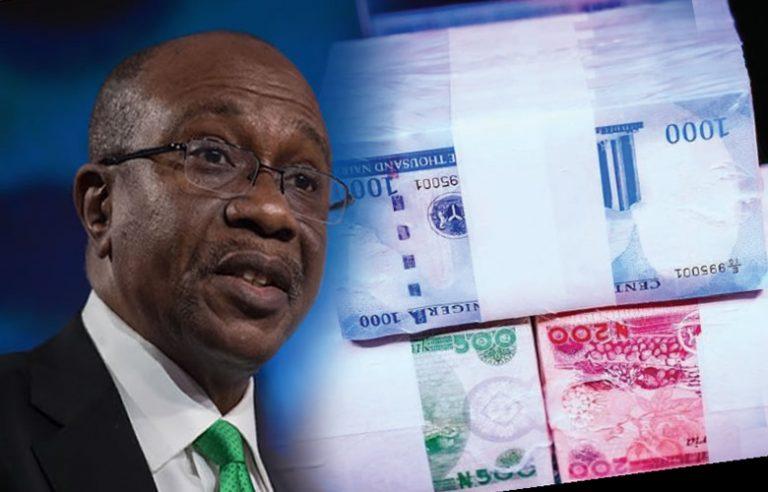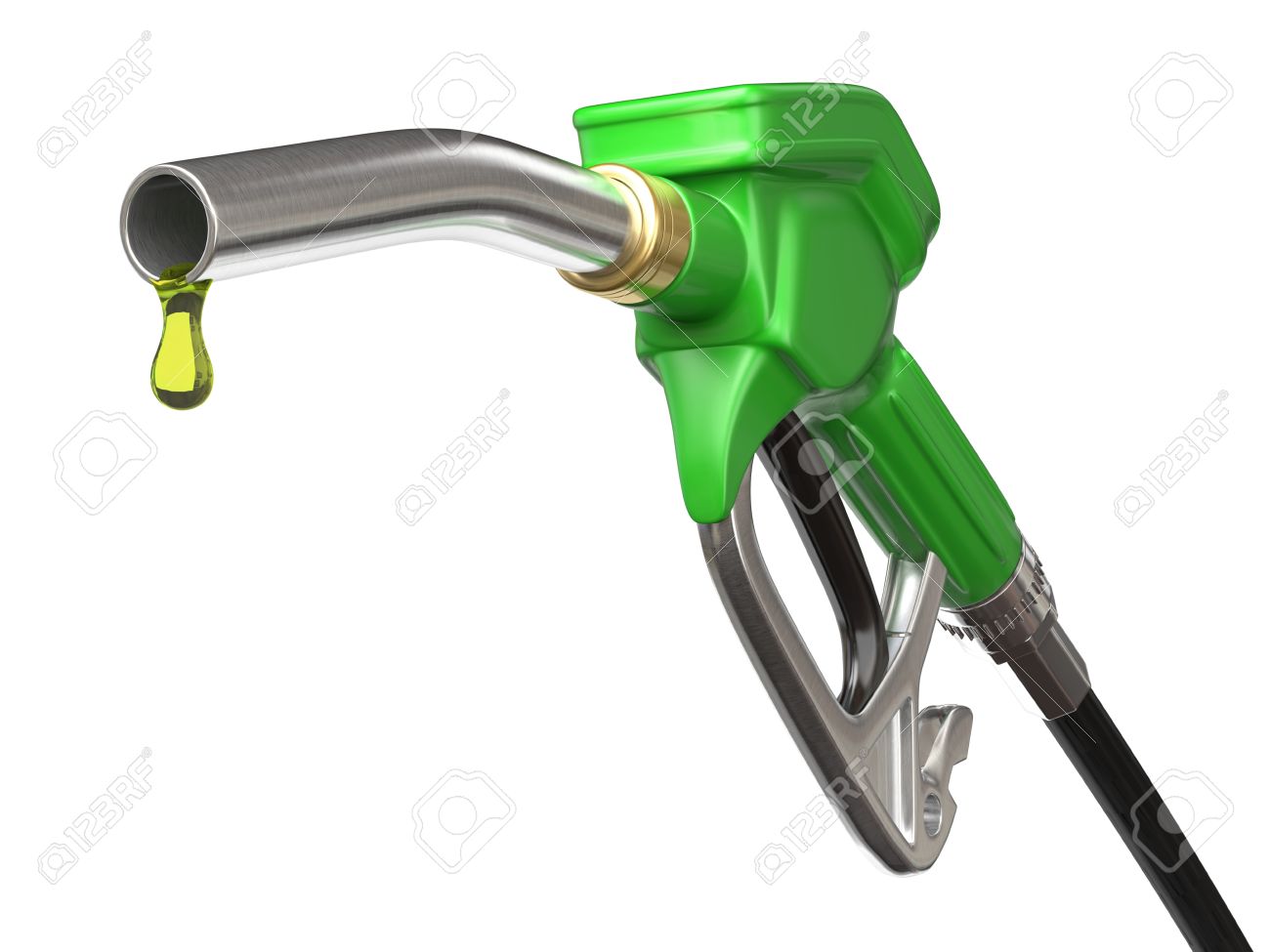Business
New Notes: CBN Establishes LGA Cash Swap Centres

The Central Bank of Nigeria ( CBN) has established Cash Swap Centres across the 774 Local Government Ares of the federation.
This was contained in a circular issued by the apex bank at the weekend.
Signed by Haruna Mustafa an Musa Jimoh, Directors of Banking Supervision and Payments Systems , respectively and dated January 20, 2023, the circular indicated that the Cash Centres would commence operations tomorrow..
READ ALSO: CBN Gives Update On Deadline On Old Naira Notes Deposit
Addressed to Deposit Money Banks (DMBs), Mobile Money Operators , Super Agents and Agents, the circular said that the exercise would enable rural dwellers to seamlessly change their old Naira Notes for the redesigned ones.
It reads in part::
“In furtherance of its Naira Redesign policy, the Central Bank of Nigeria (CBN) has sustained its nationwide awareness/sensitization programmes, enforced speedy collection of the new notes at CBN branches by the Deposit Money Banks (DMBs) and mandated issuance of the new notes through Automated Teller Machines (ATMs) to ensure distribution is fair, transparent and evenly spread across the country.
“In addition to these measures and in recognition of the need to maximise the channels through which underserved and rural communities can exchange their Naira, the Bank is launching a cash swap programme in partnership with Super Agents & DMBs. The programme enables citizens in rural areas or those with limited access to formal financial services to exchange old Naira notes for redesigned notes.
“The initiative takes effect from Monday, January 23, 2023 as follows:
*The old N1000, N500, N200 notes can be exchanged for the newly redesigned notes and/or the existing lower denominations (N100, N50 and N20, etc) which remain legal tender.
*The agent shall exchange a maximum of N10,000 per person. Amounts above N10,000 may be treated as cash-in deposit into wallets or bank accounts in line with the cashless policy. BVN, NIN, or Voter’s card details of the customers should be captured as much as possible.
*To promote financial inclusion, this service is also available to anybody without a bank account. Agents may, on request instantly open a wallet or account, leveraging the CBN Tiered KYC Framework. This will ensure that this category of the populace are able to exchange or deposit their cash seamlessly without taking unnecessary risk or incurring undue cost.
*Agents shall sensitize customers on opening wallets/ bank accounts and the various channels for conducting electronic transactions.
*Designated agents are eligible to collect the redesigned notes from DMBs in line with the Revised Cash Withdrawal Limit policy. Agents are also permitted to charge cash- out fees for the cash swap transactions but prohibited from charging any further commissions to customers for this service.
READ ALSO: Locals Reject Old Naira, As Scarcity Of New Notes Hits Kaduna
*Agents shall render weekly returns to their designated banks regarding the cash swap transactions. DMBs shall in turn render same to the CBN on a weekly basis.
*Principals (Super Agents, MMOs, DMBs) shall be held accountable for their agents’ adherence to the above guidelines.
*Cash Swap agents will be readily identifiable in all local governments, particularly those in the rural areas.
*The CBN will continue to monitor implementation of the programme and provide further guidance as may be necessary.”
Business
Naira Extends Appreciation Against US Dollar

The naira extended appreciation against the dollar at the official foreign exchange market on Wednesday.
The Central Bank of Nigeria’s data showed that the Naira further firmed up on Wednesday to N1,418.26 per dollar, up from N1,419.07 exchanged on Tuesday.
Wednesday’s uptrend represents a slight N0.80 gain against the dollar on a day-to-day basis.
READ ALSO:Naira Records Significant Appreciation Against US Dollar
Meanwhile, at the black market, the Naira remained unchanged against the dollar at N1,480 per dollar on Wednesday, the same rate recorded the previous day.
The development comes as Nigeria’s foreign reserves further rose to $45.62 billion as of January 6th, 2026.
Recall that on Tuesday, the Naira posted a N10.24 gain against the dollar.
Business
Naira Continues Gain Against US Dollar As Nigeria’s Foreign Reserves Climb To $45.57bn

The Naira appreciated further against the United States Dollar at the official foreign exchange market, beginning the week on a good note.
Central Bank of Nigeria data showed that the Naira strengthened on Monday to N1,429.31 per dollar, up from N1,430.85 exchanged on Friday, 2 January 2026.
This means that the Naira gained N1.56 against the dollar on Monday when compared to N1,430.85 last week Friday.
READ ALSO:Naira Records Significant Appreciation Against US Dollar
At the black market, the Naira dropped by N5 to N1480 per dollar on Monday, down from N1475 traded Friday.
The development comes as the country’s external reserves rose to $45.57 billion as of Friday last week.
Business
NNPCL Reduces Fuel Price Again

The Nigerian National Petroleum Company Limited, NNPCL, has again reduced its premium motor spirit price.
In Abuja, on Monday morning, it was gathered that NNPCL retail outlets have reduced their fuel price to N815 per liter, down from N835.
This means that the NNPCL filling stations cut their price by N20.
The fresh price has been implemented at NNPCL filling stations in Wuse Zone 6 and 4 Abuja, Keffi-Abuja Road, and Kubwa Expressway.
READ ALSO:Fuel Price Cut: NNPCL GCEO Ojulari Reveals Biggest Beneficiaries
An NNPCL filling station attendant, who preferred anonymity, told DAILY POST that the new price was implemented on Sunday evening.
However, the N815 per liter is N79 higher than the N739 per liter sold at Dangote Refinery’s backed MRS filling stations nationwide.
DAILY POST recalls that NNPCL on December 19, 2025, cut its price of petrol by N80 to N835 amid a price war among players in the country’s oil downstream sector triggered by Dangote Refinery’s gantry price reduction to N699 per liter.

 News4 days ago
News4 days agoWhat I Saw After A Lady Undressed Herself — Pastor Adeboye

 Headline4 days ago
Headline4 days agoPROPHECY: Primate Ayodele Reveals Trump’s Plot Against Tinubu

 Metro4 days ago
Metro4 days agoArmed Robbers Shot PoS Operator To Death In Edo

 Business3 days ago
Business3 days agoNNPCL Reduces Fuel Price Again

 Metro3 days ago
Metro3 days agoAAU Disowns Students Over Protest

 Metro5 days ago
Metro5 days agoJoint Task Force Kills 23 Bandits Fleeing Kano After Attacks

 Politics4 days ago
Politics4 days ago2027: Rivers APC Pledges To Follow Wike’s Instructions

 Metro3 days ago
Metro3 days agoEdo: Suspected Kidnappers Kill Victim, Hold On To Elder Brother

 Metro3 days ago
Metro3 days agoNine Soldiers Feared Dead In Borno IED Explosion

 Metro2 days ago
Metro2 days agoJUST IN: Court Grants Malami, Wife, Son N500m Bail Each




























